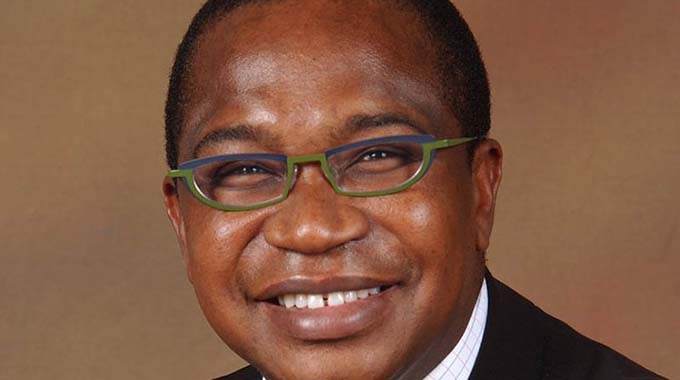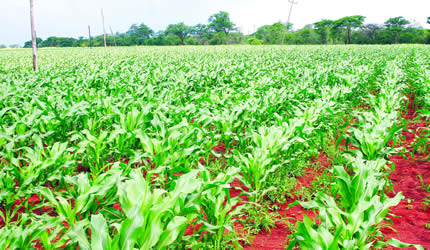Budget should be couched around TSP

Percy Gwanyanya
Professor Mthuli Ncube’s first National Budget presentation, which is expected today, should be couched around the Transitional Stabilisation Programme (TSP), which is itself the first phase of the Vision 2030, designed to guide not only the fiscal but also the monetary and other economic policies during the period it covers.
During the minister’s consultations on the pre-budget strategy, the urgency to stabilise the economy, mainly on the currency front, so as to set a firm base for an economic rebound and eventually achieve an upper middle income status as espoused by Vision 2030, was clarified.
Economic stability will be achieved through measures to deal with fiscal imbalances, which are mainly austerity as well as revenue enhancing measures.
Suffice to mention that the necessary austerity measures are in the public domain as they have been discussed for years but weighed down by poor implementation. Even the previous budget by former Finance Minister, Patrick Chinamasa, had sound measures to reduce budget deficit from around 14 percent of GDP then to about four percent in 2018 and three percent in subsequent years. This notwithstanding, budget deficit is expected at nine percent of GDP by year end, supported by Professor Mthuli Ncube’s measures. It’s regrettable that we have been missing our targets for a long time, which makes the whole budgeting process appear like an academic exercise.
The pre-budget strategy target to reduce budget deficit to 9; 5.2; and 3,5 percent of GDP in 2018, 2019 and 2020 respectively through mainly cost cutting measures, which include reduction of wage bill, parastatal reforms and more operational efficiency.
Only commitment to the implementation of these measures will make a difference. Revenue enhancing measures will largely be centred on the new tax system that was effected on the 1st of November this year. The new tax regime is seen as the most effective in a highly informalised economy such as ours, at 61 percent, with between $2-7 billion estimated to be circulating in the informal sector.
It’s quite concerning that the fiscal authorities have remained in breach of the law as regards the overdraft on RBZ, which should be limited at 20 percent but is currently at 60 percent. Remember we were also in breach on the national debt, which should not exceed 70 percent of GDP, until we rebased the economy from around $15 billion to $25,8 billion. Whilst we address these breaches, it’s important that we put in place necessary safeguards to minimise their future occurrence.
It’s quite concerning that less than a space of a year the country has borrowed around $4 billion, which has seen domestic debt almost doubling to the current levels of $9,5 billion. The major expenditure drivers were election related expenses, agriculture support scheme, support to parastatals and government entities as well as budget deficit. Wages are the major driver of Government expenditures at around 90 percent of revenue, with 40 percent comprised of allowances, which are mainly for the senior Government officials. There is need to trim these allowances and reduce expenses to the recommended 60 percent of revenue.
The new agriculture policy emphasises increased private sector participation in funding of agriculture, which entails gradual withdrawal of government support through programs such as Command Agriculture and Presidential Input Scheme. Whilst no one doubts the necessity of these programmes in providing feed stock to our farmers, it’s equally important to realise that their funding through mainly TBs is unsustainable. Private sector participation is going to be through programmes such as contract farming. It is advisable for the Government to intervene through supporting the agriculture raw materials manufacturing companies for competitive input rather than providing input support.
Currency instability in Zimbabwe is quite concerning and a very sensitive subject. As dedollarisation unfolds before our eyes it’s critical that Treasury provides a credible roadmap for the necessary currency reforms. Professor Mthuli Ncube has already indicated the plans similar to what’s being implemented in Nigeria, to introduce a long bond to mop up excess liquidity. The exchange rate peg is no longer delivering the required results and should be revisited.
There is nothing new to expect from national budget. Our problems as well as required solutions have largely remained the same as before. What will make a difference this time is implementation. This will be achieved through Treasury’s attestation to his commitment ensure the implementation of the fiscal policy measures by all Ministries.
Persistence Gwanyanya is an economic and financial expert. For feedback WhatsApp +263 77 3 030 691 or email [email protected]









Comments